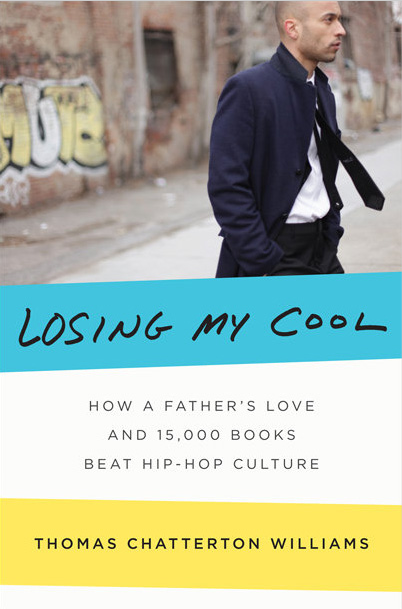Growing up in the 1980s and 1990s in suburban New Jersey, biracial Thomas Chatteron Williams fortifies his blackness by investing himself in hip-hop culture. This puts him at odds with his father, a proud black intellectual who had to fight for knowledge and respect. As Williams moves from New Jersey to Georgetown and swaps one set of friends for another, his notions about race and self take a series of dramatic turns.
Social critics are notorious blowhards and memoirists are notoriously self-indulgent, so a memoir by a social critic automatically has two strikes against it. Fortunately, Williams avoids the pitfalls of ponderous polemics and delivers an engaging tale of what it means to be black in the post-Civil Rights Era.
A Union County native (as am I), Williams captures the social geography of the Garden State to a T. Those who grew up in crime-ridden Newark and Irvington welcomed any opportunity to escape, while those who grew up in the suburbs wished they had the inner-city street cred. This moronic paradox underscores the necessity of Williams’ eventual flight to Georgetown and foreshadows his transformation from wannabe thug to perceptive young thinker.
Though an apostate of hip-hop culture, Williams eschews finger-pointing. His message is deeper and more complex than “bling bad, books good.” Instead, he convincingly makes the case that neither rappers nor their admirers (among whom he counts several friends) are inherently negative, but rather that young black men and women should not allow the shoes they wear and the music they listen to define them. It’s an important insight and it’s delivered by someone who’s been through it all.
8.25/10

No comments:
Post a Comment